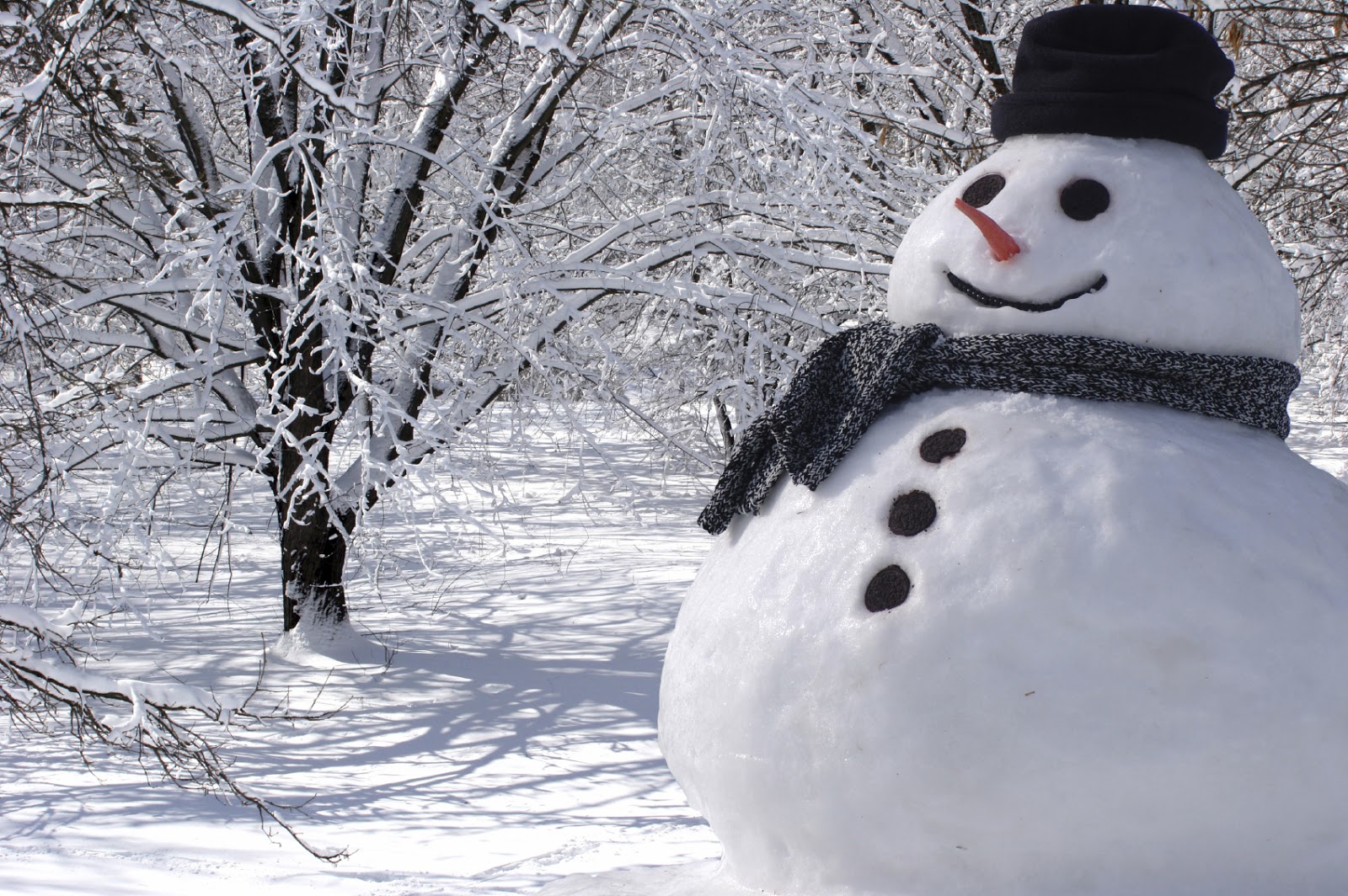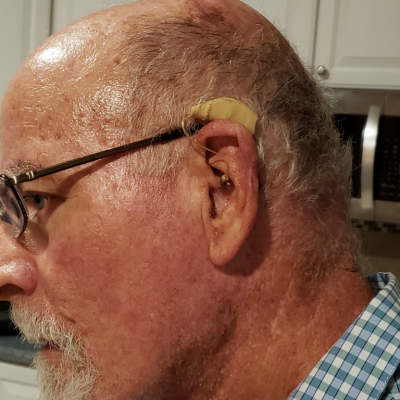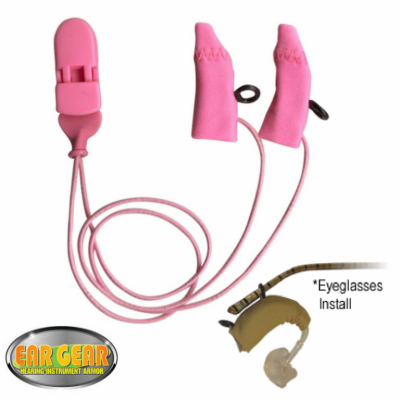Depending on where you live in the world, the weather could be pretty cold and snowy right now. Those who live in colder winter climates don't let a little snow get in their way of enjoying the outdoors. Bundled up in scarves, hats, gloves, and of course, Ear Gear, we head out for a day on the ski hill, sledding, or snowshoeing.

Here are our top winter hearing tips for hearing aid users:
1. Choose hats, headbands and earmuffs made of thin, natural materials. This serves two purposes: First, it increases “acoustic transparency”, the ability of sound to get through the fabric so it actually reaches your hearing device’s microphone. Second, natural materials are less likely to cause static, which can interfere with cochlear implant processors.
2. Move to enclosed areas when having conversations to reduce wind noise. It’s easier to hear your friends in a ski hut than out on the open slopes.
3. Ask conversation partners to temporarily remove their scarves or other clothing blocking their mouths if you require speechreading cues to understand them.
4. If you live in an area where power outages due to severe weather are a possibility, be sure to keep extra disposable batteries for your hearing equipment on hand. Without electricity, you may not be able to rely on rechargeables. It’s also helpful to keep some battery-operated flashlights around the house to illuminate speakers’ faces to help during conversations.
5. Beware of seasonal colds, sinus, and ear infections. Fluid in your sinuses or ears can affect how well you hear with your hearing aids or cochlear implants.
6. For winter sports athletes, ask your coach or trainer to use an FM microphone to send his or her voice directly to your hearing devices, helping you to hear when out on the slopes or on the rink.
7. And last but not least, don't forget your Ear Gear! Choose the model right for you in a fun fashionable color. If you tend to sweat under your hat while walking on warmer winter days, then Ear Gear Cordless would help protect your hearing aid from damage due to sweat. If you're a more active person and enjoy skiing and sledding, perhaps Ear Gear Corded would be more suited to you. Ear Gear Corded protects hearing aids not only from sweat, dirt, moisture and wind noise but also loss. It's made with a strong, durable locking clip plus stretch cord that attaches to the Ear Gear sleeves installed onto to the hearing aid. No more worry about loss and digging around in the snow looking for a buried hearing aid. Great for kids anytime, especially when they go outside to play in the snow.
Have a great winter, everyone! Keep those hearing instruments protected from sweat, dirt, moisture, wind noise and loss by ordering today at www.gearforears.com





